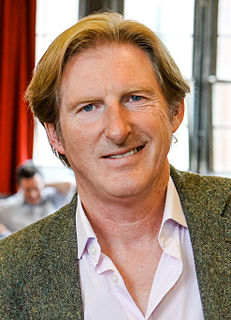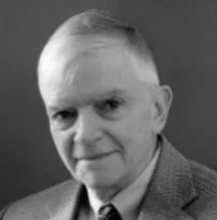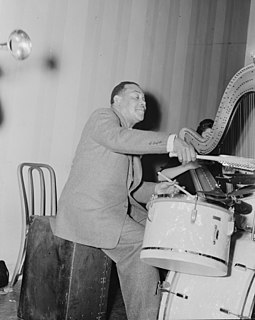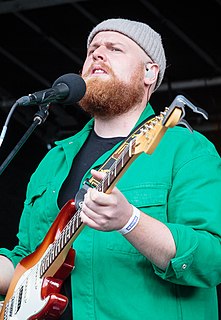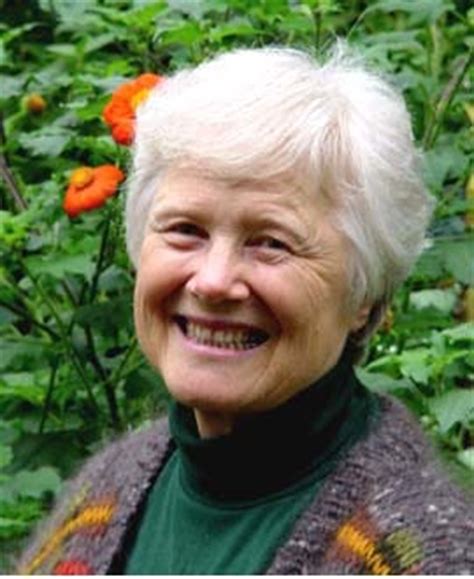A Quote by Adrian Dunbar
Portadown was the most marginalized of all the Nationalist communities in the North. Suddenly we were living in a town where, if you were Catholic, you literally couldn't walk up the street without getting into some kind of conflict.
Related Quotes
At the beginning of the 20th century, before the migration began, 90 percent of all African-Americans were living in the South. By the end of the Great Migration, nearly half of them were living outside the South in the great cities of the North and West. So when this migration began, you had a really small number of people who were living in the North and they were surviving as porters or domestics or preachers - some had risen to levels of professional jobs - but they were, in some ways, protected because they were so small.
We all have views on what our Irishness means to us. Two members of the band were born in England and were raised in the Protestant faith. Bono's mother was Protestant and his father was Catholic. I was brought up Catholic. U2 are a living example of the kind of unity of faith and tradition that is possible in Northern Ireland.
My own experience of growing up as a Roman Catholic in Scotland has led me to fear independence in Scotland. The possibility of Scotland being a kind of Stormont is a real one. I wrote a book recently about Neil Lennon's year of living dangerously and in the course of it I had to revisit some of my own experiences. Of course, most Scottish people are not swivel-eyed, loyalist sectarians but there are a large number of them. A large six-figure number, and if I were living in Scotland as a Roman Catholic I would be worried about that.
I grew up in a town where there were no adults over forty who weren't somebody's parents. It was, unfortunately, the kind of town that's a "great places to raise kids" - that's basically code for "there are no adults here who are not parents." I had a few teachers who were kind of weirdo drama teachers and were hugely influential.
I grew up in the suburbs of Cleveland in 1988 and there was just one year where suddenly all of the delivery kids that used to be boys were suddenly girls. It happened at our church too. Altar boys were suddenly altar girls. There was just this sense that all these young women knew there were openings here to be the first of their kind.
In the week following Sandy, we weren't flooded, but we were without everything else - I ended up living by candlelight - no phones, no computers, no light, no power. If we took a walk at night to go and find something to eat, it was completely black, with no lights coming out of the windows, no street lights: a very apocalyptic feeling.
There were so many bands in New Orleans. But most of the musicians had day jobs, you know -- trades. They were bricklayers and carpenters and cigar makers and plasterers. Some had little businesses of their own -- coal and wood and vegetable stores. Some worked on the cotton exchange and some were porters. They had to work at other trades 'cause there were so many musicians, so many bands. It was the most musical town in the country.
I was a member of the Nationalist Party for several years. I don't remember how long. Those were very dreary days, because the Nationalist Party... it's hard to describe what it was. I suppose it held on to some kind of little faith, you know? It wasn't even sure what the faith was, and it was a very despised enterprise by everybody.
We were a religious, practicing, Catholic family - Mass together on Sunday, Catholic schools, and parents who practiced everything they preached. A great gift was their total absence of any derogatory talk about people of any race or culture and we were on a street of many faiths, though no other races at that early time.
The earthquake in Haiti was a class-based catastrophe. It didn't much harm the wealthy elite up in the hills, they were shaken but not destroyed. On the other hand the people who were living in the miserable urban slums, huge numbers of them, they were devastated. Maybe a couple hundred thousand were killed. How come they were living there? They were living there because of-it goes back to the French colonial system-but in the past century, they were living there because of US policies, consistent policies.
